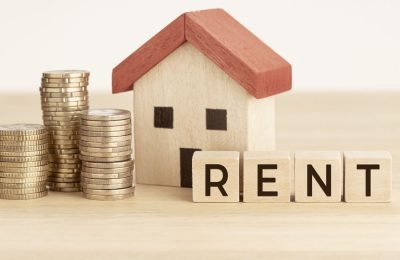According to Scottish Government statistics, 69% of all accidental fires in Scottish homes, which equates to more than 3400 a year, are caused by electricity. Independent research conducted by Electrical Safety First also indicates that it is private tenants who are more likely to be at risk of electric shock or fire than owner occupiers.
Electrical safety regulations
As of 1st December 2015 private landlords in Scotland are required by law, under sections 13(4A) and 19B(4) of the Housing (Scotland) Act 2006, to ensure that any installations for the supply of electricity, electrical fixtures, fittings and appliances provided by them in rented properties are all in a reasonable state of repair and in proper working order at the start of the tenancy and at all times throughout. For tenancies in existence prior 1st December 2015, this new duty applies from 1st December 2016.
Electrical Installation Condition Report & Portable Appliance Test
Landlords are responsible for ensuring that an electrical safety inspection is carried out before a tenancy starts and at intervals of no more than 5 years thereafter (3 years for a house in multiple occupation – HMO). The inspection consists of two parts: an Electrical Installation Condition Report (EICR) on the safety of the electrical installations, fixtures & fittings and a Portable Appliance Test (PAT) on any portable appliances supplied by the landlord. There is no obligation to test items belonging to or provided by the tenant. A copy of the most recent inspection must be provided to both new and existing tenants.
Who should carry out inspections?
Electrical safety inspections must be conducted by a competent person who is a member of an accredited registration scheme recognised by the Scottish Government, such as SELECT (Electrical Contractors’ Association of Scotland), NICEIC (National Inspection Council for Electrical Installation Contracting) or NAPIT (National Association of Professional Inspectors and Testers). It is, however, possible to have the inspection carried out by an electrician who is not a member of any of those regulatory bodies, provided they are able to confirm their competence by completing a checklist form published in the Scottish Government’s guidance (Annex A).
Landlords must ensure that any electrical installation, fixture, fittings or appliance that fails the inspection is replaced or repaired immediately.
What happens if a landlord does not comply?
Landlords who do not comply with the electrical safety requirements can be reported by tenants to the Private Rented Housing Panel (PRHP) who can issue a Repairing Standard Enforcement Order. If the landlord fails to carry out recommended works within a set timeframe, the PRHP can then restrict the amount of rent the tenant is legally bound to pay until the fault is fixed. This may also result in restricting the landlord’s standing as a “fit and proper person” as local authorities are notified of noncompliance with PRHP orders.
If you are a tenant it is important that you make sure the property you are renting meets these regulations. Your safety comes first. Remember it is better to be safe than sorry!











